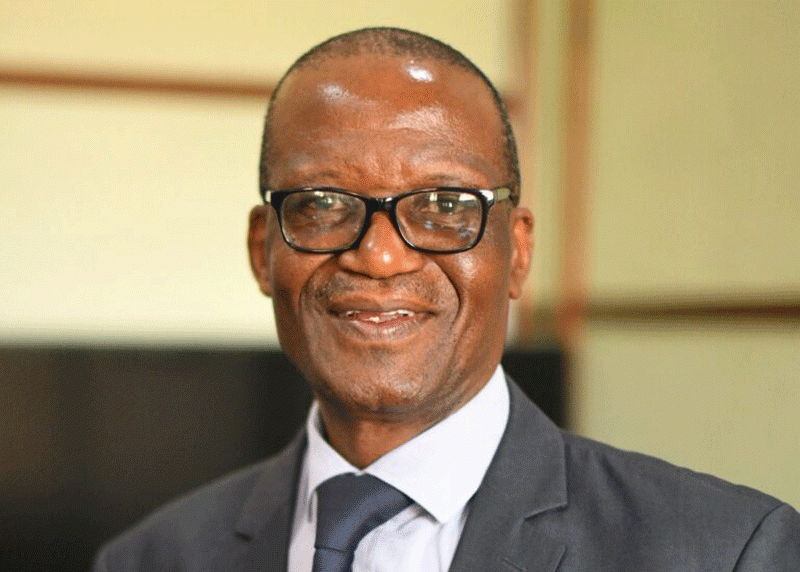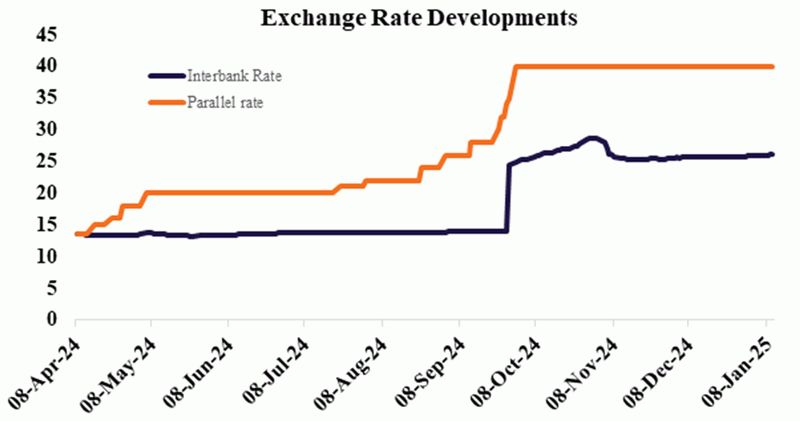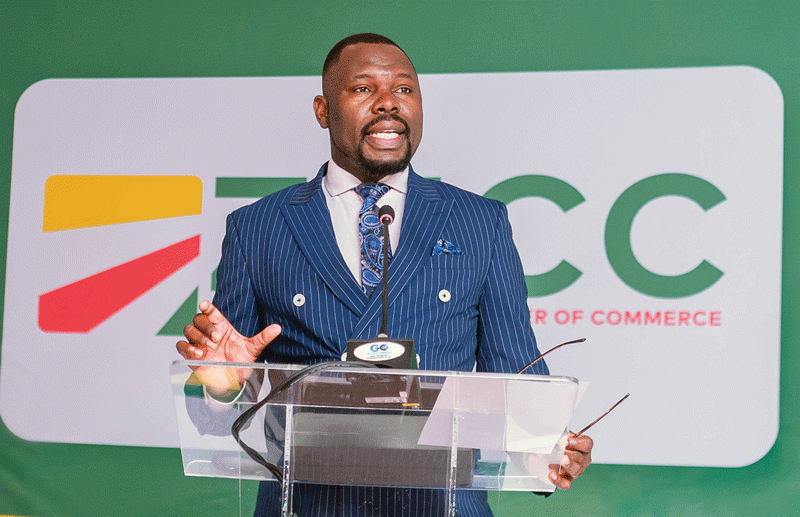
ZIMBABWE and Mozambique have launched the Buzi, Pungwe and Save Watercourses Commission (Bupusacom), the first ever tri-basin institution in the region.
The Bupusacom was launched in Beira, Mozambique recently, after the parties signed the Bupusa Watercourses Commission establishment agreement in Harare three months ago.
The tri-basin institution will have oversight on the planning, development and management of water resources within the Buzi, Pungwe and Save (Bupusa) river basins, which are exclusively shared by Mozambique and Zimbabwe.
“As stipulated in the Bupusa hosting and establishment agreements, the Zimbabwean government is committed to supporting the commission in its work within the basins,” Lands, Agriculture, Fisheries, Water, and Rural Development deputy minister Davis Marapira said.
Southern African Development Community (Sadc) senior programme officer for water, Patrice Kabeya added that transboundary water management cooperation was a critical element in all forms of sustainable development.
Zimbabwe has nominated Elisha Madamombe as interim executive secretary of the organisation during the transition from a commission into a fully-fledged river basin organisation.
Madamombe is currently the regional coordinator for the Bupusa project.
Mozambican Public Works, Housing and Water Resources deputy minister Cecilia Chamutota reiterated the strategic importance of the Bupusa basins to Mozambique.
- Chamisa under fire over US$120K donation
- Mavhunga puts DeMbare into Chibuku quarterfinals
- Pension funds bet on Cabora Bassa oilfields
- Councils defy govt fire tender directive
Keep Reading
“The Chicamba Hydroelectric Dam, the Mavuzi Dam, Muda Nhaurire, Gorongosa, Chitundo and Mavonde dams were built along the Bupusa basins,” she said.
“The dams are vital for the economic development of Mozambique, due to their contribution to water supply to the population, agricultural production industry and electricity generation as well as environmental preservation.”
Zimbabwe and Mozambique established a joint water commission in 2002, and acts as a technical advisor to the parties on all technical matters relating to the development and utilisation of water resources of common interest.
The establishment of the water commission was supported by Swedish International Development Cooperation Agency through the Pungwe Basin Transboundary Integrated Water Resources Management and Development Programme.
It was also supported by the Deutsche Gesellschaft für Internationale Zusammenarbeit with funding from the Federal Ministry of Economic Cooperation and Development (Germany) and Foreign, Commonwealth and Development Office (Fcdo) and the then Department for International Development, through the fourth phase of Sadc Regional Strategic Action Plan on Integrated Water Resources Development and Management.
Other partners included USAid, the International Union for Conservation of Nature through the Building River Dialogue and Governance programme.
The four-year project focuses on strengthening water-related risk management through the reinforcement of monitoring, and enhancing ecosystem services through quantitative water management, including operationalisation of environmental flows. The project is developing a transboundary diagnostic analysis and the strategic action plan for the basins.











